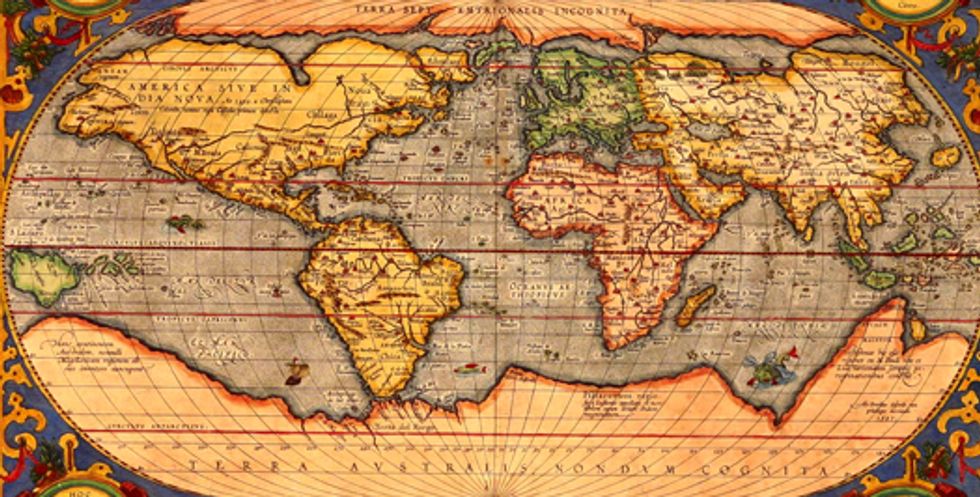“Anyone who wants to study STEM is lying to themselves,” claims sophomore Julien Reiman, a history major at Columbia University who came to New York after a year of fruitless studying at Washington University in St. Louis, hoping to find a greater appreciation for the humanities. The fact is people can be one-sided, and with the current emphasis on technology and research and science, the humanities are fading into the background.
As if you weren’t already aware.
Yet Julien isn’t so self-absorbed as to believe that everyone should abandon their dreams to go to med school just to learn about Abraham Lincoln; rather, he wishes that the types of people who should be existing are the people who have an appreciation for everything at the same time. “Colleges tell you,” he muses, “that you can only specialise in one or two types of things. I wish we were interested in different things, that we combined different disciplines.” So why study history above all else, if it is known as one of the so-called “useless” degrees, if we should all just be interested in everything?
The idea isn’t that we should all devote our lives to every single possible discipline imaginable—we would go mad. But there exists a lasting worth in history, and the humanities in general, that has come to be overshadowed by more technical pursuits, and Julien, amongst others, explains the wonder behind studying history. “I liked history from the get-go.” He recalls an experience in AP US History, where his teacher passed around a bullet that was found at Gettysburg--heavy, metal, made of lead—there’s a cool story that lies behind this bullet, but what happens when the story ceases to be just imaginary? Well, “when you realise that history actually happened, it’s a cool world,” he states. “A good history teacher is a storyteller. He turns history into an action-packed narrative. Sometimes history doesn’t look like a story: things end badly, things are just a series of events. But that’s when you realise that people and events that happened in the past—they’re just as boring we are. They’re real.”
History provides us all with something to relate to. It’s a complex narrative that never has a simple answer—there’s no one Lagrangian equation of motion that looks all “physicsy” on a piece of paper. “You decide what to do,” says Julien. “You come up with your own pieces, make your own connections, conjectures, make it very personal. If you put your emotion into your papers and you’re passionate about your topic, you’ll end up coming up with a great end-product. There is a way to put emotion into academic writings. People just don’t realise it.” Studying history provides a gateway for the exploration of the self through the examination of others. It’s a win-win situation: you come to understand yourself better while learning all about the people around you.
Julien hopes to become a storyteller someday, one of those ardent professors who shares his wisdom with aspiring historicists, but why history for the rest of us who wish to leave the academic environment as soon as possible? Perhaps because history allows us to look at the world through our own personal lenses and gain a deeper understanding of our surroundings. Because life is meaningless until we put something into it, and the study of history allows us to create meaning out of seemingly-arbitrary events.
















